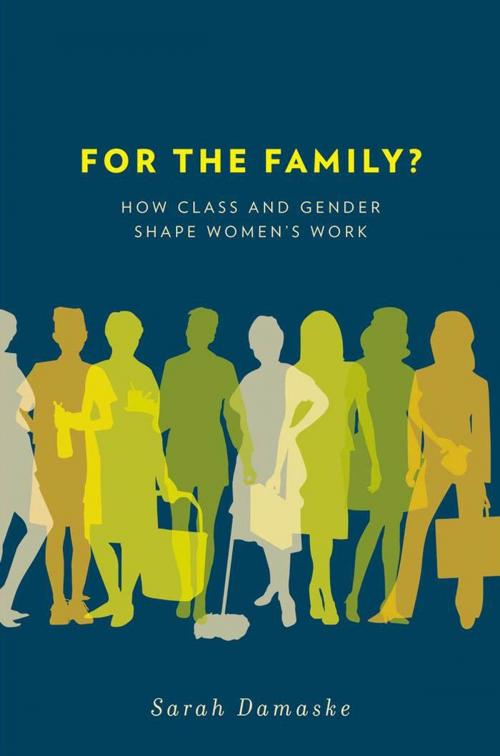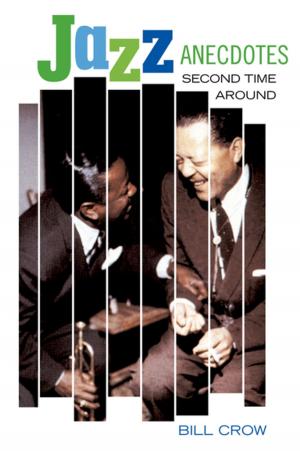For the Family?
How Class and Gender Shape Women's Work
Nonfiction, Social & Cultural Studies, Social Science, Gender Studies, Women&, Sociology, Family & Relationships| Author: | Sarah Damaske | ISBN: | 9780199912049 |
| Publisher: | Oxford University Press | Publication: | October 3, 2011 |
| Imprint: | Oxford University Press | Language: | English |
| Author: | Sarah Damaske |
| ISBN: | 9780199912049 |
| Publisher: | Oxford University Press |
| Publication: | October 3, 2011 |
| Imprint: | Oxford University Press |
| Language: | English |
In the contentious debate about women and work, conventional wisdom holds that middle-class women can decide if they work, while working-class women need to work. Yet, even after the recent economic crisis, middle-class women are more likely to work than working-class women. Sarah Damaske deflates the myth that financial needs dictate if women work, revealing that financial resources make it easier for women to remain at work and not easier to leave it. Departing from mainstream research, Damaske finds three main employment patterns: steady, pulled back, and interrupted. She discovers that middle-class women are more likely to remain steadily at work and working-class women more likely to experience multiple bouts of unemployment. She argues that the public debate is wrongly centered on need because women respond to pressure to be selfless mothers and emphasize family need as the reason for their work choices. Whether the decision is to stay home or go to work, women from all classes say work decisions are made for their families. In For the Family?, Sarah Damaske at last provides a far more nuanced and richer picture of women, work, and class than the one commonly drawn.
In the contentious debate about women and work, conventional wisdom holds that middle-class women can decide if they work, while working-class women need to work. Yet, even after the recent economic crisis, middle-class women are more likely to work than working-class women. Sarah Damaske deflates the myth that financial needs dictate if women work, revealing that financial resources make it easier for women to remain at work and not easier to leave it. Departing from mainstream research, Damaske finds three main employment patterns: steady, pulled back, and interrupted. She discovers that middle-class women are more likely to remain steadily at work and working-class women more likely to experience multiple bouts of unemployment. She argues that the public debate is wrongly centered on need because women respond to pressure to be selfless mothers and emphasize family need as the reason for their work choices. Whether the decision is to stay home or go to work, women from all classes say work decisions are made for their families. In For the Family?, Sarah Damaske at last provides a far more nuanced and richer picture of women, work, and class than the one commonly drawn.















